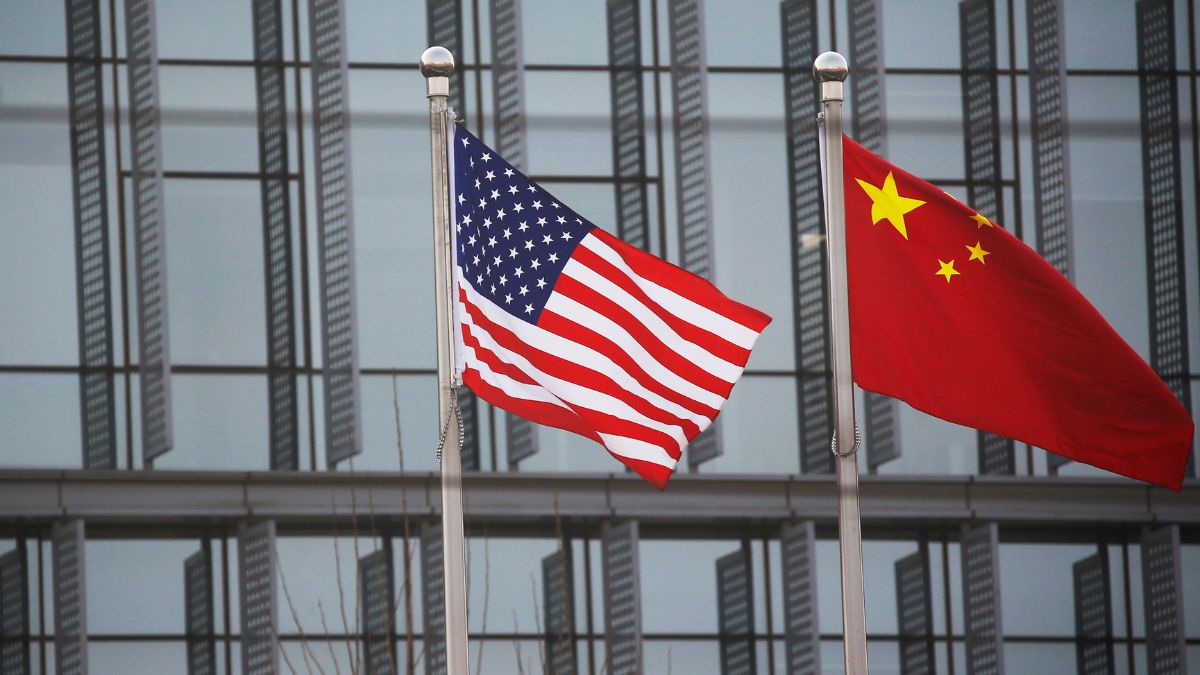The Chinese Foreign Ministry’s penalties on five US military manufacturers are the latest escalation in China-US arms sales disputes over Taiwan.

US Arms Sales to Taiwan and Subsequent Sanctions
The sanctions follow the US State Department‘s December approval of a $300 million arms sale to Taiwan, exacerbating the status conflict. Taiwan denies China’s contention that it’s a renegade province and governs itself. Taiwan’s sovereignty is strategically ambiguous for the US due to its “One China” policy.
BAE Systems Land and Armament, Alliant Techsystems Operation, AeroVironment, ViaSat, and Data Link Solutions are sanctioned US defense firms. China has frozen their properties and assets and banned Chinese firms and individuals from doing business with them.
The Chinese Foreign Ministry accuses recent US arms sales and sanctions of violating the “One China” concept and hurting China’s sovereignty and security.
READ ALSO: U.S. Efforts To Halt Semiconductor Equipment Shipments To China Ineffective, China’s Industry Resilient
Taiwan’s Crucial Elections Amidst Escalating Tensions and Chinese Pressure
These sanctions precede Taiwan’s January 13 presidential and parliamentary elections, a crucial time. Chinese officials have presented these elections as a choice between “war and peace,” escalating regional tensions. China is pressuring Taiwan’s pro-independence President Tsai Ing-wen. Taiwan’s New Year’s address emphasizes peace but also respectful relations, urging China to respect election results.
The US’s promise to defend Taiwan against a Chinese invasion underscores regional geopolitics. China’s harsh criticism of US-Taiwan relations and call for “one-China” and bans on military shipments creates a complicated diplomatic situation. The global world will keenly monitor Taiwan’s elections and their effects on regional stability and international relations.
READ ALSO: Biotech Firm Suspends DNA Kit Sales In Tibet Amid Legislative Considerations For Increased Export Controls On China

















































